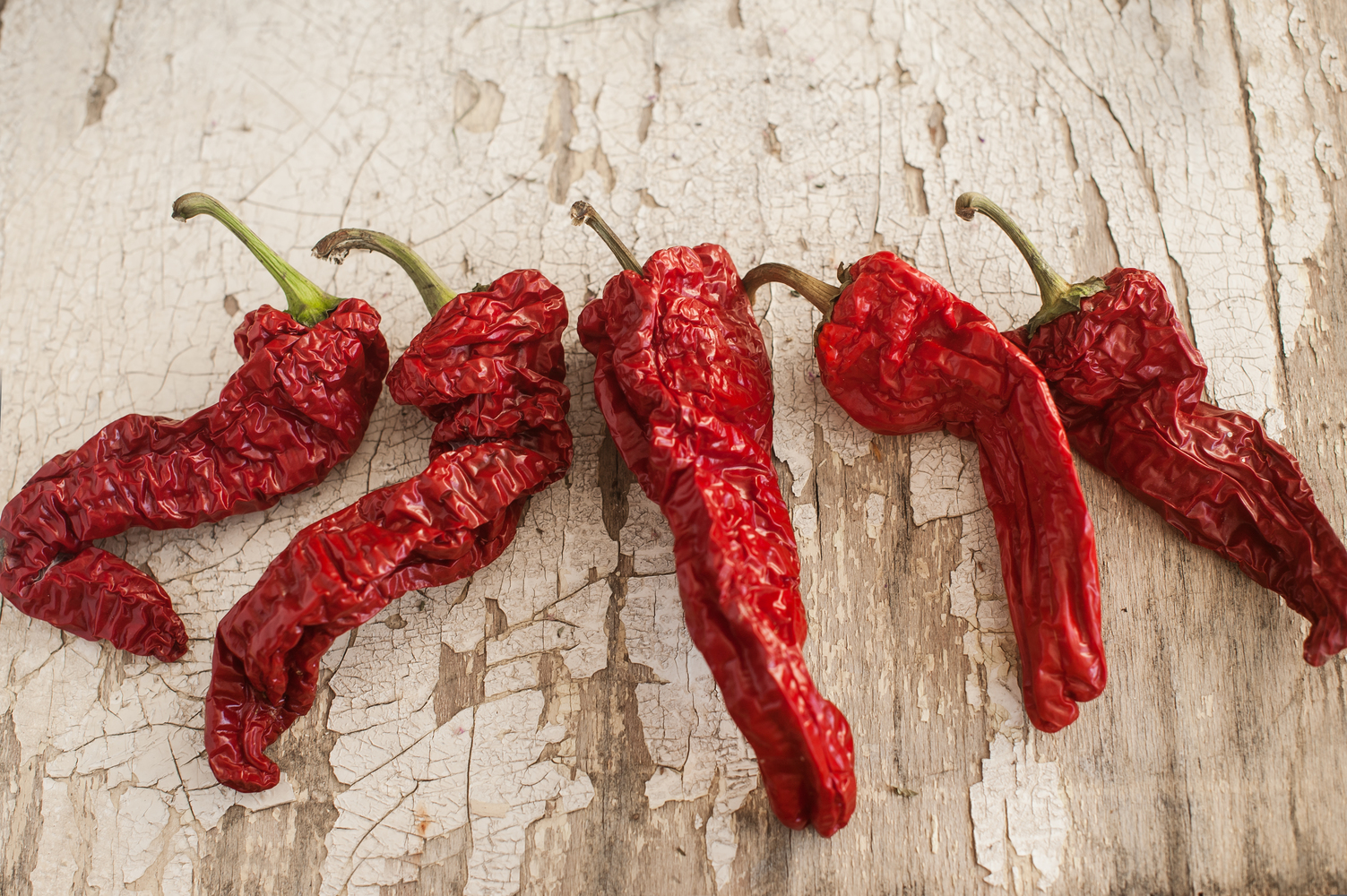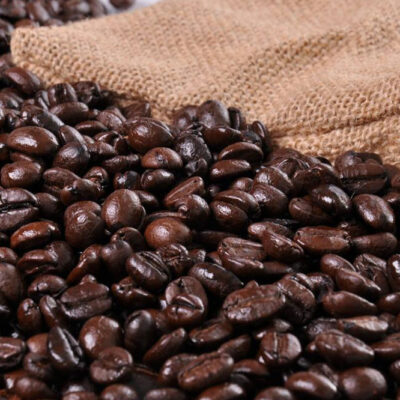
The Best and Worst Food for Menopause
Menopause is a natural biological process in a woman’s life, usually during middle age, that is officially diagnosed after a woman goes 12 months without a period. Perimenopause, on the other hand, can last for years leading up to the onset of menopause. Symptoms of both menopause and perimenopause can include hot flashes, insomnia, mood swings, irritability, and depression. Unfortunately, birth control, such as the Mirena IUD, can do little to help relieve these symptoms. However, hormone replacement therapy, supplements like MenoEase, and modifications to your diet have all been shown to help women cope with the symptoms of menopause and perimenopause.
Here are some foods to eat and to avoid to help relieve the symptoms of menopause:
1. Flaxseeds
Watching your cholesterol is vital during menopause, as it has been associated with a significant increase in LDL, or “bad cholesterol”, resulting in a much higher risk of heart issues in postmenopausal women. Luckily, flaxseeds are easy to incorporate into your diet and contain alpha-linolenic acid, which is an essential omega-3 fatty acid that can lower cholesterol. Plus, as an added bonus, studies have suggested that ground flaxseed can improve hot flashes and night sweats, similar to hormone replacement therapy. Try adding ground flaxseed to sandwiches, yogurt and smoothies, baked goods, salads, or your morning cereal.
2. Fatty fish
Studies have shown that a high intake of fatty fish, such as salmon, tuna, mackerel, trout, and sardines, can delay menopause by approximately 3 years. However, the women studied consumed 90 grams of oily fish a day, which may not fit into your regular diet. Still, fatty fish is high in omega-3 fatty acids, which can improve heart health, and is a great source of lean protein, so try adding it into your meal plan whenever you can.
3. Soy-rich foods
Whole, minimally-processed, soy-rich foods, such as tempeh, miso, edamame, and soy milk, have been shown to reduce hot flashes over time. Soy can also enhance bone strength, counteracting the bone loss often caused by the decrease in estrogen levels during menopause.
4. Caffeine
Unfortunately, while there are many foods that can help ease menopause, there are also foods that can make it worse. Caffeine, however, is somewhere in the middle. Though studies suggest that drinking caffeine can improve mood, memory, and concentration in perimenopausal women, it has also been shown to worsen hot flashes and night sweats in menopausal women. Therefore, consider cutting down on the coffee and soft drinks if you have been experiencing uncomfortable hot flashes or night sweats.
5. Alcohol
Though it might be tempting to cope with the stress of menopause with a glass of wine or a cocktail, doing so may actually be counterproductive. Alcohol can increase the risk of disturbed sleep, hot flashes, and night sweats. Additionally, heavy drinking can contribute to depression, heart disease, and bone mass loss, all of which can also be worsened by menopause. While you don’t need to give up the occasional drink, it is important to keep alcohol intake moderate. Even having one cocktail a day could be too much.
6. Spicy foods
If you’ve ever had very spicy food, you can imagine how it would make hot flashes worse, causing uncomfortable sweating and flushing. If you find that adding hot sauce to your food is triggering hot flashes, consider swapping in spices that have intense flavor with less heat, such as cumin, curry, turmeric, or basil.


